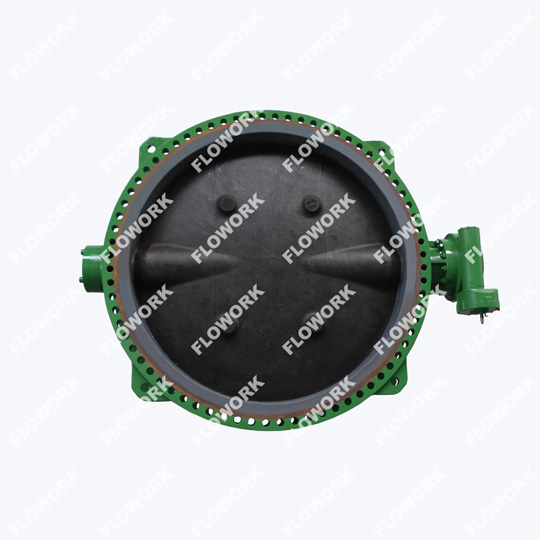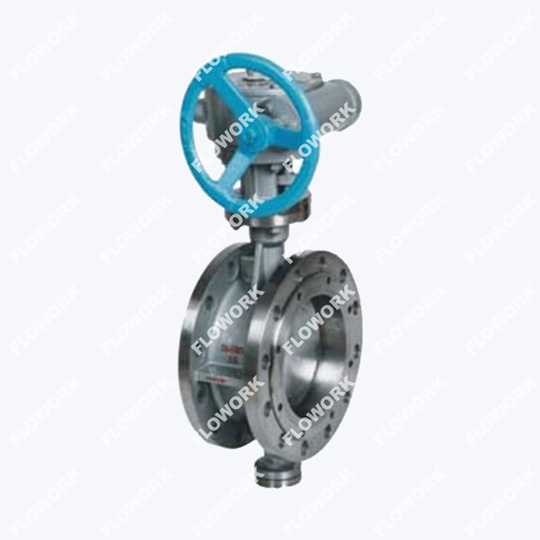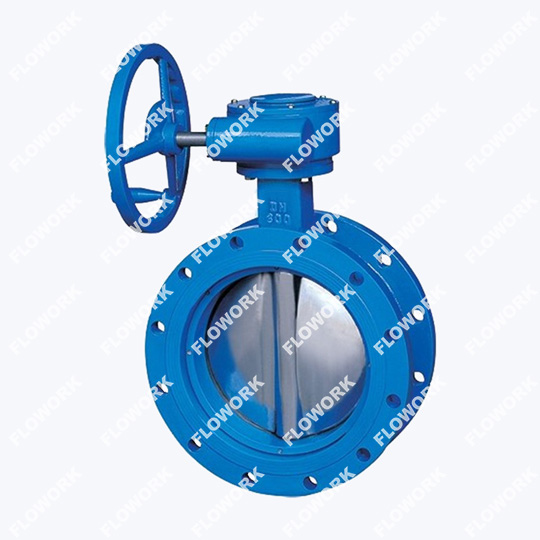Extended Stem Valves
Generally, valves are equipped with extended stems in the following two situations.
Low-temperature applications:
- In low temperature environments, liquid media are prone to freezing. If the valve is in direct contact with the media, the internal components of the valve may be damaged by freezing. By lengthening the stem, the distance between the valve and the media can be increased to reduce the possibility of freezing.
- Under low temperature conditions, the elasticity of the packing gradually disappears, the anti-leakage performance decreases, and the leakage of the medium may cause ice to form between the packing and the valve stem, affecting the normal operation of the valve stem and possibly scratching the packing, causing serious leakage. The extended stemcan protect packing, and prevent it from freezing.
Underground applications:
- In buried environments, valves are usually installed in narrow spaces. The design of the extended stemallows the handwheel or gear and other equipment to be lifted to an easily accessible position, thus facilitating operation and maintenance.
- By keeping the operator at a safe distance from the buried valve, the extended stem reduces the risk of exposure to hazardous materials or potential leaks.
- Extended stems allow the valve to be installed in varying soil depths or terrains, providing flexibility in installation and ensuring proper functionality regardless of ground conditions.
- With the valve handwheelabove ground, maintenance and inspection become more straightforward, reducing the need for extensive digging or disruption of surrounding areas.













